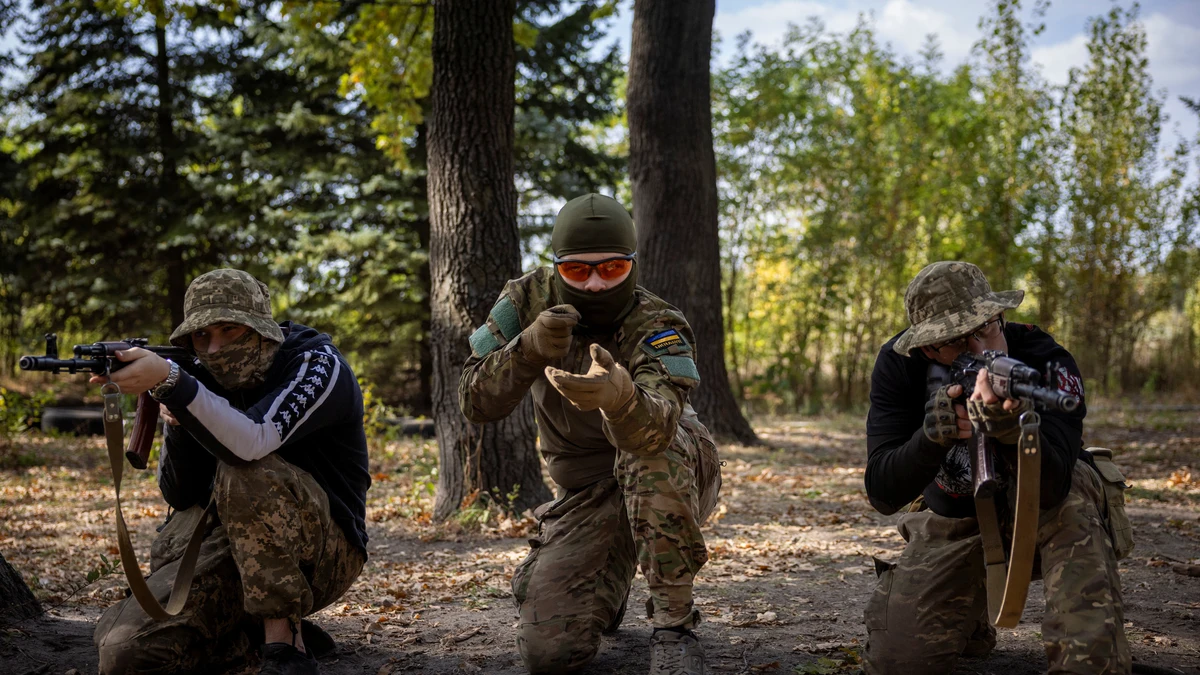
A Ukrainian soldier serving on the front lines of the war against Russia has described a chaotic situation, with inexperienced reinforcements and a sense of abandonment by Ukraine’s military commanders, the BBC reports on Monday. The soldier, who told the BBC the situation Through a messaging application, he revealed Ukraine’s struggle to hold on to its position on the bank of the Dnieper River.
Hundreds of Ukrainian soldiers arrived there as part of a counteroffensive launched six months ago. Outnumbered and outgunned, the soldier – whose name the BBC is withholding in order to protect his identity – spent several weeks on the Russian-occupied side of the river as Ukraine attempted to establish a bridgehead around the village of Krynky.
Additionally, he spoke of rising tensions as Ukraine’s defense against the Russian invasion winds down for another year, while The Ukrainian Army did not want to comment on the situation for security reasons. “The entire river crossing is under constant fire. I have seen boats with my comrades on board simply disappear into the water after being hit, lost forever in the Dnieper River,” she recounted.
In another message, he wrote that the soldiers had to carry everything, such as “generators, fuel and food.” “When you build a bridgehead you need a lot of everything, but supplies were not planned for this area. We thought that after getting there the enemy would flee and then we could safely transport everything we needed, but that was not the case,” he added. “When we reached the (eastern) shore, the enemy was waiting. The Russians we managed to capture said that their forces had been warned about our arrival, so when we got there, they knew exactly where to find us. They threw everything at us – artillery, mortars and flamethrower systems. I thought I would never get out,” he said.
The testimony of this soldier, highlights the BBC, reveals divisions between the Ukrainian government and its generals on the state of the war as well as the problems in recruitment and its operational capabilities. “Everyone who wanted to volunteer for the war came a long time ago; now it is too difficult to tempt people with money. Now we receive those who did not manage to escape conscription. You will laugh at this, but some of our marines “They don’t even know how to swim.”
Source: Lasexta
Ricardo is a renowned author and journalist, known for his exceptional writing on top-news stories. He currently works as a writer at the 247 News Agency, where he is known for his ability to deliver breaking news and insightful analysis on the most pressing issues of the day.











